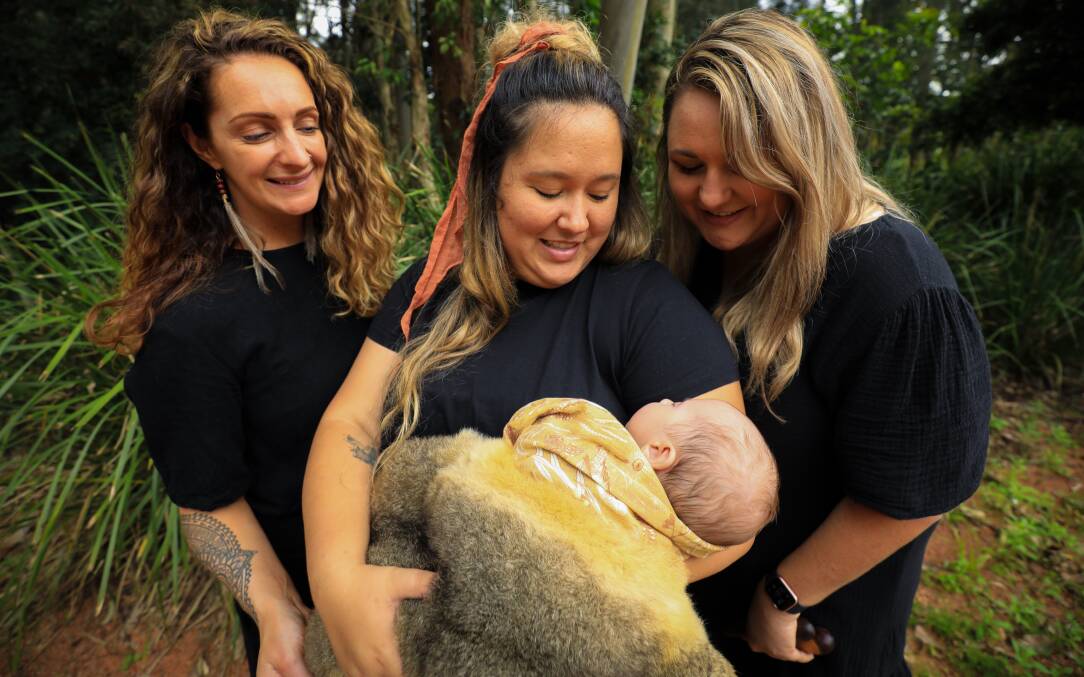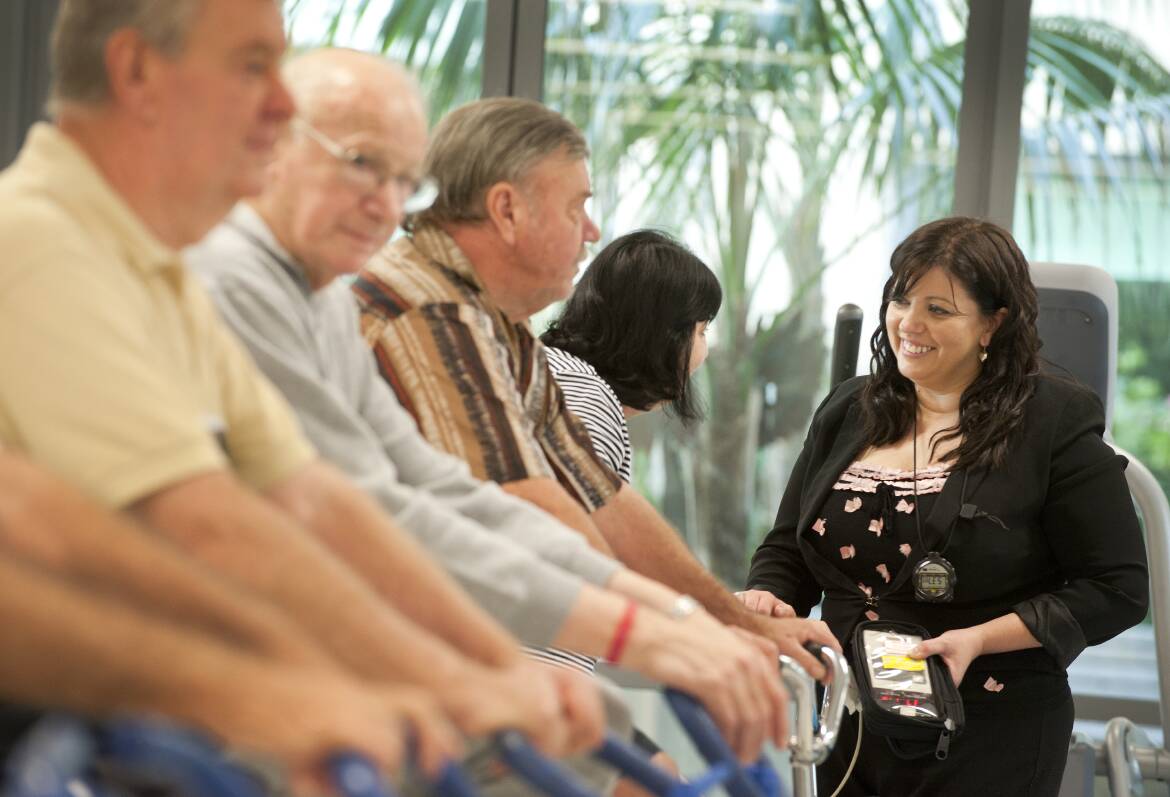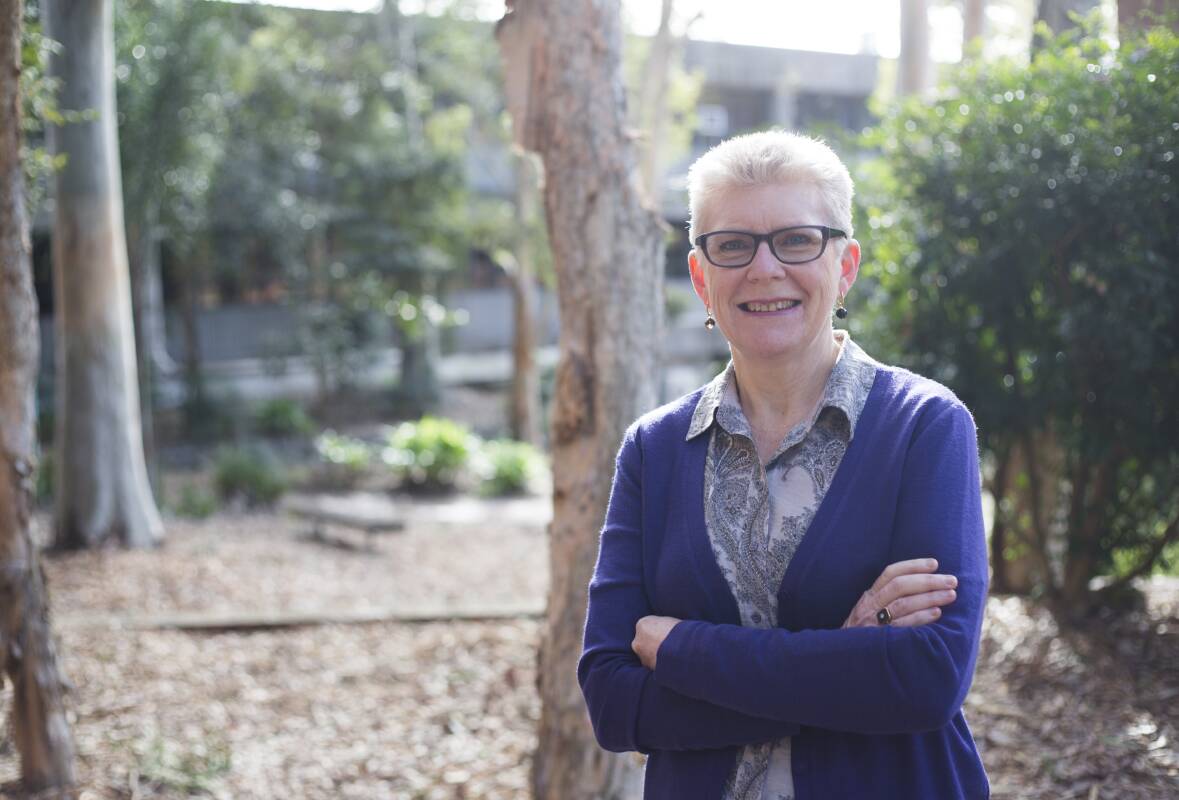
RESEARCH in Newcastle will receive a boost, with $17.6 million promised for projects including improving access to stroke rehabilitation, preventing young people from using e-cigarettes, care for asthma and dementia sufferers, and helping Aboriginal women become smoke free during pregnancy.
The grants, announced this week as part of the Australian government's Medical Research Future Fund, will support researchers from the University of Newcastle, Hunter Medical Research Institute and Hunter New England Local Health District in 10 new projects, the university said.
The 10 projects are among nearly 200 ground-breaking medical research projects to share in $380 million in grants, including $32 million to improve First Nations health, Australia's health department said, announcing the recipients.
University of Newcastle Deputy Vice-Chancellor (Research and Innovation), Professor Zee Upton, was thrilled with the successful grants.
"These exciting projects will not only improve outcomes for our overwhelmed health system, but also the lives and welfare of the patients and their families," she said.
"I am incredibly proud to work alongside the recipients as they aim to combat some of our country's key health concerns," she said.
Health Minister Mark Butler hoped the grants would help Australia's researchers solve health issues "which challenge the community".
"This funding is about strengthening opportunities for Australian health and medical research. It will help commercialise proof-of-concepts, and deepen international research ties now and in the future."

The Hunter's 10 successful grant projects are listed below.
Chronic respiratory conditions
Professor Vanessa McDonald and her team will receive $1.8 million to test the effectiveness of a new individualised treatment called Treatable Traits on asthma sufferers.
Dr Hayley Scott and her team will receive $1.47 million to test the first individualised obesity management approach in people with asthma.
Effective treatments and therapies
Professor Mitch Duncan and his team will receive $909,691 to test the efficacy of a novel digital intervention to help adults aged 45 to 64 years who are physically inactive and have poor sleep health to improve their activity and sleep.
Cardiovascular health
A team working with Professor Jenny Bowman will receive more than $1.3 million for research into better caring for the physical health of people with a mental health condition.

Clinical trials activity
A team led by Dr Rakshit Panwar will receive $2.8 million to investigate whether targeting patients' usual pre-illness blood pressure readings might improve the rates of death and major adverse kidney events at day 14 among ICU patients with shock.
A world-first study led by Professor Peter Gibson will receive $2.4 million to evaluate the effectiveness of a comprehensive, national digital asthma care program involving video consultations and text messages compared to usual care in achieving asthma control.
Maternal health and healthy lifestyles
Associate Professor Michelle Kennedy will lead a team to develop the Gulibaa (Coolamon) Project - a co-designed model of care supporting Aboriginal women across NSW to be smoke-free in pregnancy and beyond, with the support of nearly $2 million in grant funding.
A project by Professor Luke Wolfenden has been granted $1.86 million to examine the effectiveness and scalability of behavioural interventions designed to prevent the use of e-cigarettes in young people.
Clinician researchers: nurses, midwives and allied health
Dr Heidi Janssen and a team will receive $1.48 million to improve access to stroke rehabilitation for regional Australians.
Ageing and aged care
A project by Professor Mariko Carey and a team to test the impact of a nurse-led intervention for people with dementia will receive $1.69 million.
To see more stories and read today's paper download the Newcastle Herald news app here.







